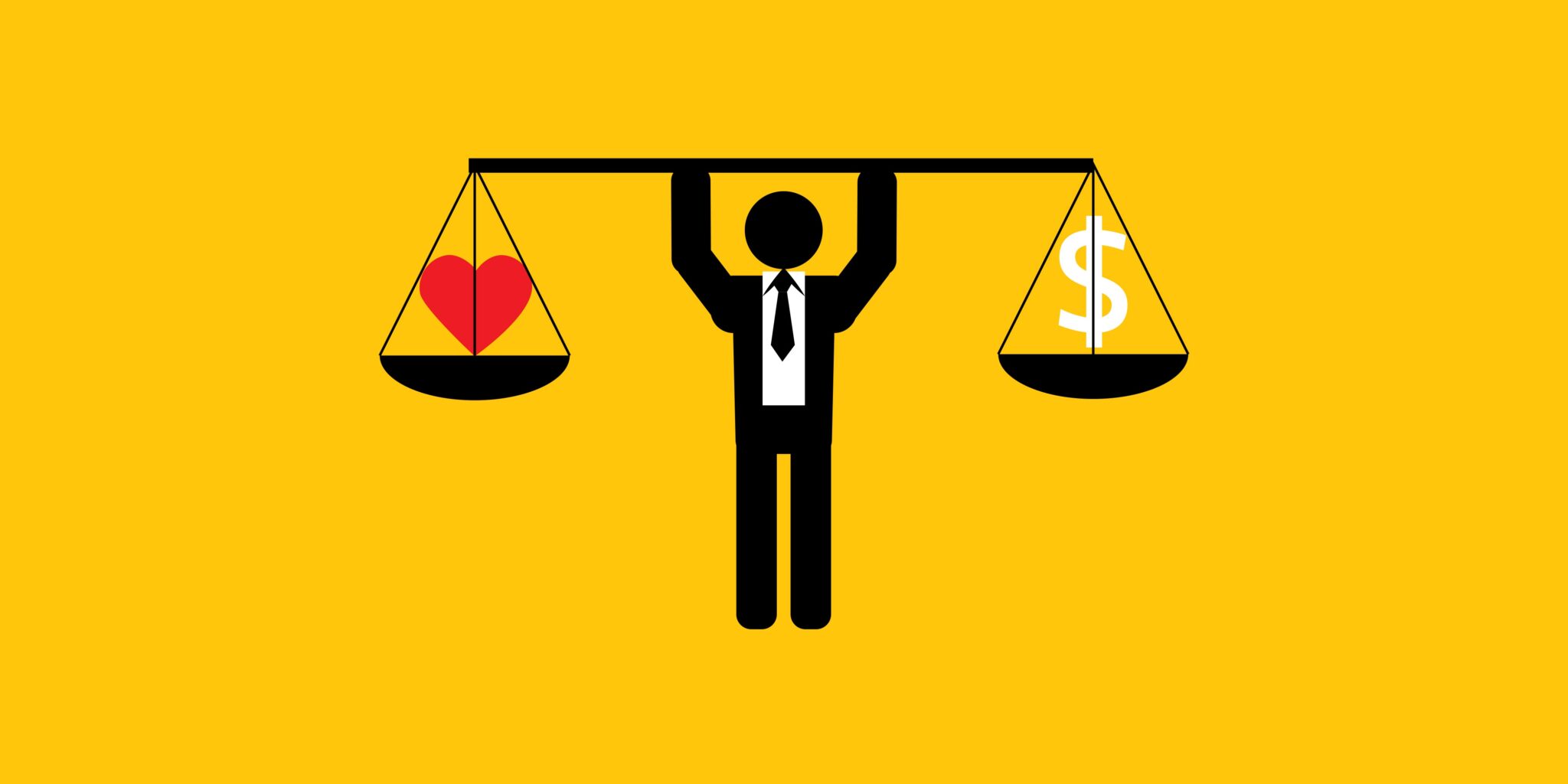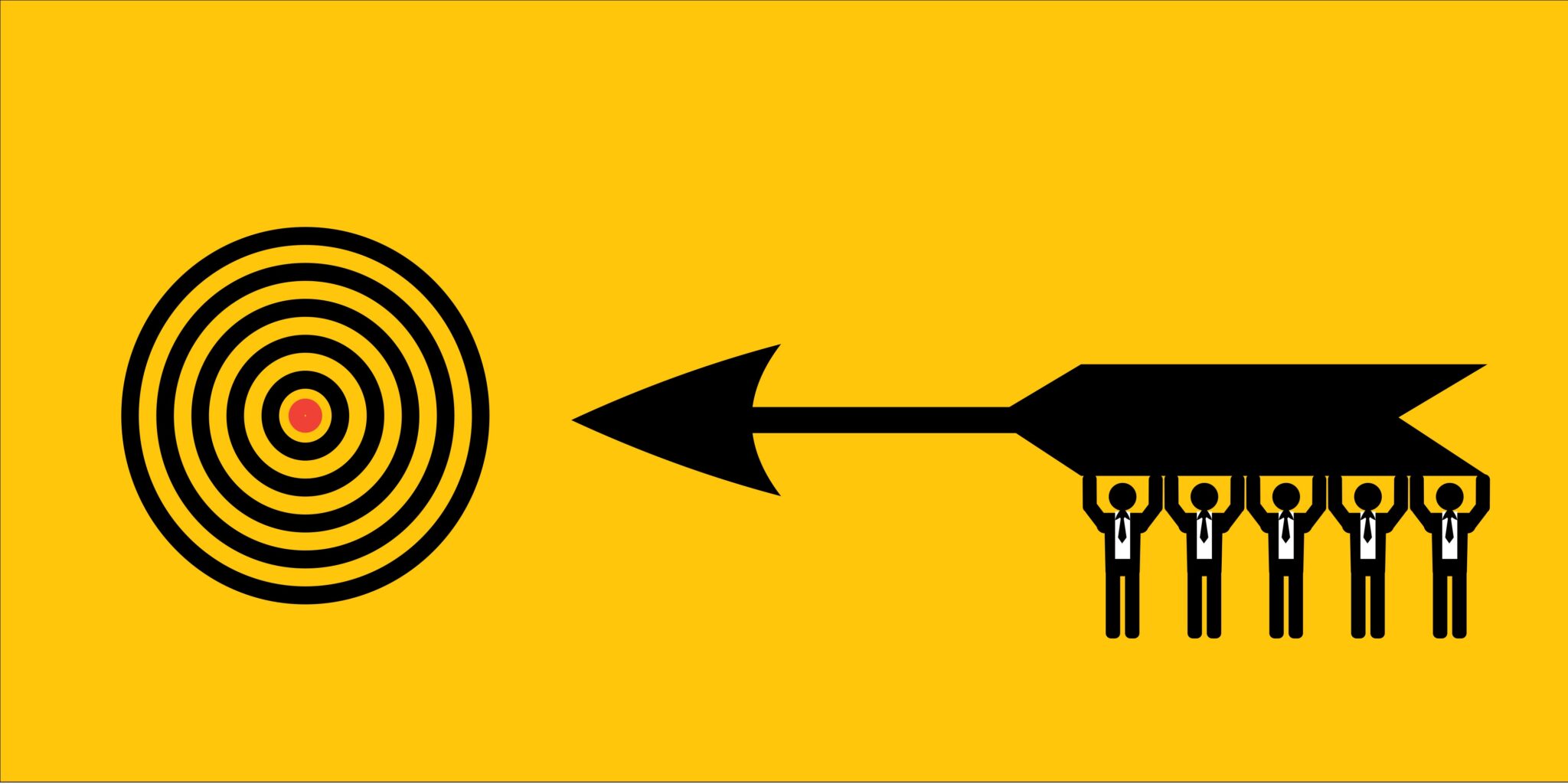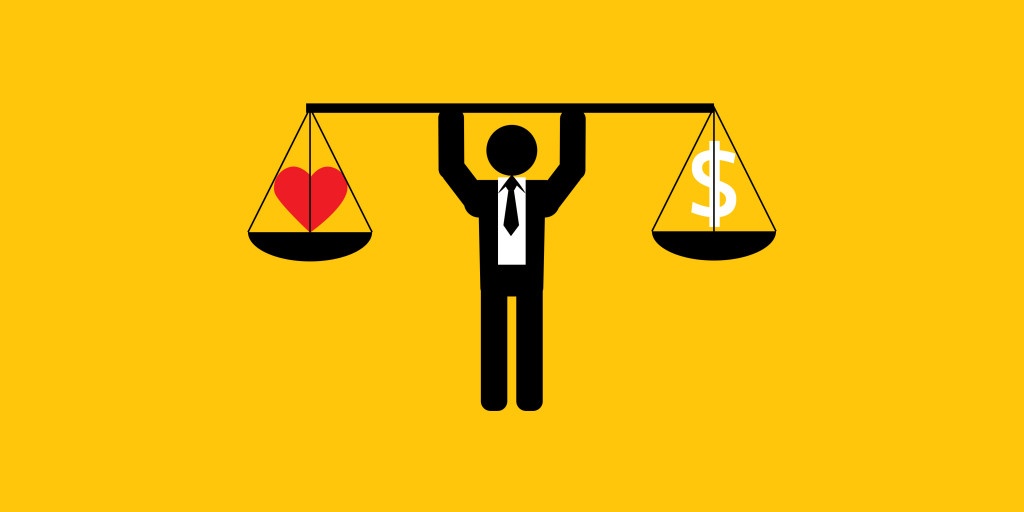
This just in: 6 hours are better than 8. Wait, what?
Sweden has made headlines recently for switching to a six-hour workday, rather than the standard eight hours. What started as an experiment at a Toyota plant based in Sweden is showing signs of becoming a more widely adopted policy across multiple industries throughout the country.
And the best news is that it just may be working.
Why Switch?
The idea is that companies will have more productive, happy workers. For some, the results have been very much worth it. But it’s a little more complicated than that.
Only a handful of companies in Sweden so far have made this shift. One such company is Filimundus, an app development company in Stockholm. CEO Linus Feldt firmly believes that a shorter workday keeps people focused, and more productive.
He says, “My impression now is that it is easier to focus more intensely on the work that needs to be done and you have the stamina to do it and still have the energy left when leaving the office.”
Then there’s the happiness factor. Employees that get more leisure time to spend with family and loved ones are inherently more loyal to their employers. If an employee shows up at work at eight o’clock in the morning and leaves again by two o’clock (yes, including an hour long lunch break), that’s a whole lot of free time in the afternoon.
Workers can pick-up their hobbies, be more active, and generally improve their mental and physical health. Or at least, that’s the theory.
Parkinson’s Law

A phenomenon called Parkinson’s Law states that “work expands to fill the time available for its completion.” For example, if you allot five hours to complete a task that could arguably be done in two, you will inevitably fill all five of those hours with “work.”
Parkinson’s Law supports the idea of the six hour workday, essentially asserting that you will be equally productive in six hours as you are in eight (or nine, or ten…). What really matters in terms of productivity is how much time you or your employer have allotted for you to complete the task.
If you are empowered to hunker down and work for six hours and then leave, and this is supported by your employer, inevitably you will maximize the time you have available so that you can leave and get on with different activities in your life.
The Six-Hour Work Day Is Not A New Idea

It’s not new – but it does originate in Sweden.
Thirteen years ago, Toyota’s plant based in Gothenburg, Sweden, switched to the model of shorter workdays. Since then, they’ve reported happier employees, decreased turnover rate, and higher profits.
Other companies in Sweden also attempted this model throughout the 1990s and early 2000s, but then discarded the idea when they weren’t able to measure how successful the reforms were.
What’s sparked the interest again? Some forward-thinking leaders, it seems. There’s even a hospital in Gothenburg, Sweden trying it out as a two-year experiment. Half the staff is working six-hour days, while the other half are continuing on with their eight-hour days. (Unlucky staff!)
So far, nurses have reported feeling less stressed, and there’s been a drop in sick days. It’s still early, but hospital officials have also begun to correlate an uptick in the quality of care for patients to their more satisfied employees.
Does A Shorter Workday Increase Productivity?

Swedish CEOs are introducing the six-hour workday in hopes that it will encourage people to be more productive with their limited time. With fewer hours, they can concentrate on one specific task.
That means some adjustments in the workplace as well, though…especially when it comes to limiting distractions. Linus Feldt, for example, has banned personal calls and most social media usage at the office in an effort to maximize the time his employees spend in the office.
It’s true that focusing on a singular task rather than multi-tasking leads to more productive output. We might think we’re doing well in our workload by multi-tasking, but in reality, we’re slowing down.
But is procrastination a bad habit that can be erased overnight?
No, not exactly. Distractions are more rampant now than ever, especially with social media at our fingertips. Instead, productivity is something that requires a good deal of brain training. You have to make a very conscious effort to deal with your procrastination tendencies head on.
That doesn’t mean all is lost, though. In fact, making some adjustments in the workplace is a step in the right direction.
Fewer Hours Means More Pressure To Complete Tasks

Over 40 years of study has proven that when a worker is given restricted time to work on a task, he or she will work harder to complete it. In a European study of work ethic, for example, Greeks came out on top as the hardest workers in terms of working the longest hours. They were not, however, the most productive workers.
The workforce has evolved drastically in a shift towards reliance on brainpower and creativity, rather than the assembly lines of old. Working too hard may actually hinder output, because people burn out or fall ill, thus placing more strain on the company.
Furthermore, Sweden (and many of the Scandinavian countries) are known for a culture that values work life balance, with only 1% of the population working more than 50 hours per week.. Sweden consistently ranks among countries with the highest quality of life.
Flexible work hours are common, as long as the employee is able to complete the work on time. Working remotely is also widely accepted, when it’s possible. If you work in a Swedish office, you’ll likely notice people leaving the workplace to collect their children from daycare. Nobody minds this at all.
Even coffee breaks may go on a little longer than usual, because breaks are considered vital for productivity. The brain is a muscle, after all, and must be treated like one. Breaks are necessary for recharging batteries.
The Magic Productivity Formula
Toyota and others have set an admirable example for the country, but it may be a long time before it becomes the standard.
Others suggest that the six-hour workday is more costly in the long run, such as with the case of the hospital, who needed to hire more workers to cover the extra hours. But for some, it’s no longer about generating as much cash as possible; it’s more about living a good life.






































